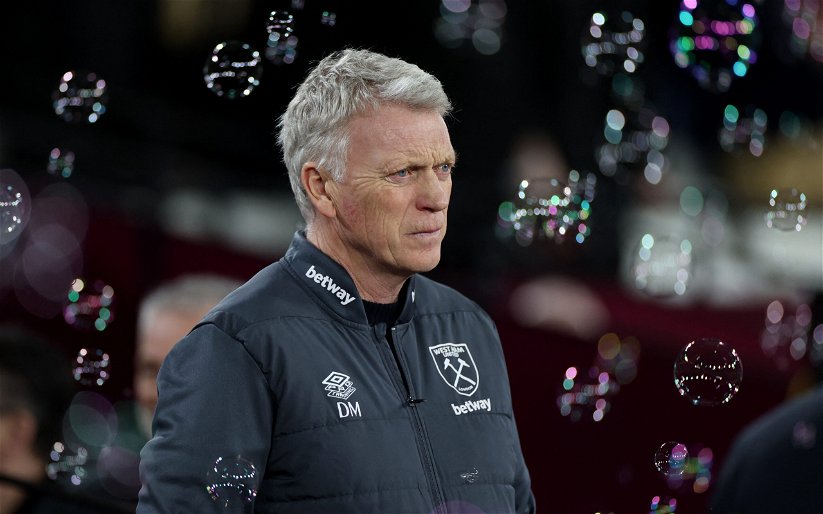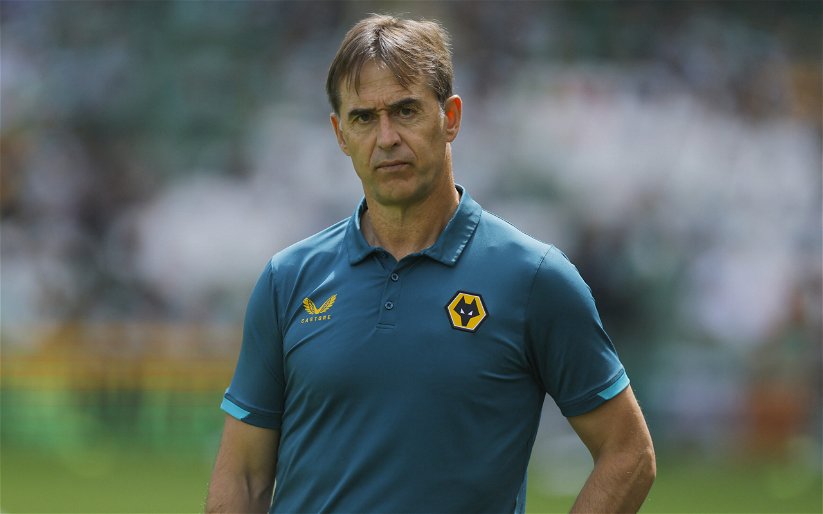 When it comes to the managerial merry-go-round, we’ve hardly had time to place bets on who’d be the first one out the door this season. Yet, here we are— not even finished with September and already Paolo Di Canio has become the first casualty of football’s instant gratification culture.
When it comes to the managerial merry-go-round, we’ve hardly had time to place bets on who’d be the first one out the door this season. Yet, here we are— not even finished with September and already Paolo Di Canio has become the first casualty of football’s instant gratification culture.
Reportedly, he was sacked after a row with senior team members, but regardless of the reason, is it genius or madness to sack a manager this early in the game? Is it good for a club, and is it good for the game of football?
Sacking a manager so soon can throw up several problems in a team – all players signed will have been purchased for their role in the manager’s style of play, back room staff will need to change, and the club faces a scramble to find a replacement manager. Sunderland will not want these problems hanging over their heads as they head into their derby match with rivals Newcastle United next month (especially considering how well Di Canio did vs. Newcastle last year.)
Di Canio has not even had a full season at the helm, taking charge of just 13 games of football in his spell at Sunderland. He was their 5th manager in 5 years, a time period in which they have resided largely at the bottom of the table.
But does this short-changing of managers affect the game in a negative way? Chelsea have gone through 5 managers from 2007, and while some could say this is unsettling and causes instability, they are rather annoyingly stay at the top of the table and play in Europe. Changing managers has not threatened Chelsea with relegation, so does that make it okay for clubs to partake in short term thinking to try to achieve long term results?
In contrast, even though Manchester United have suffered their worst start to a season in nearly a decade (they are currently 8th, how ghastly…) supporters and officials are giving David Moyes a chance. The man has big football boots to fill, and giving him time to get set up and sorted is a decision that I believe will come to fruition for the club. Although jubilant Manchester City fans singing “sacked in the morning” on Sunday will not have helped.
At Upton Park, we’ve not exactly been the kings of stability over recent years (6 managers and 2 caretaker managers from 2003), and even though we’ve not had our strongest start to the season (we are currently 2 points behind Man Utd), I still fully back Sam Allardyce.
But even as he is facing his 100th game in charge of West Ham, Big Sam is not immune to the quick changes in football, saying “because of the constant changing of managers and coaches that we are now faced with, [reaching] 100 games is now something of an achievement. For me, I think that is pretty disappointing.” (BBCFootball)
So what do you think? Is it better to chop and change as soon as you can when something isn’t working, or are managers not being given enough of a chance to do a difficult job? Are managers allotted enough time and opportunity to succeed in football today?
Let me know below, or chat about it on twitter @makingthemarrow




This is well worth debate Emily. And will,of course, become more discussed as the season moves on. My own view is that each situation is different and should be judged on its own merits. Although Di Canio’s results were poor, only one point from 5 games, i think it was all the other issues that were his downfall. His position become untenable because of his ‘outrageous’ management style. I think the board had no alternative other than to remove him before a crisis ensued.